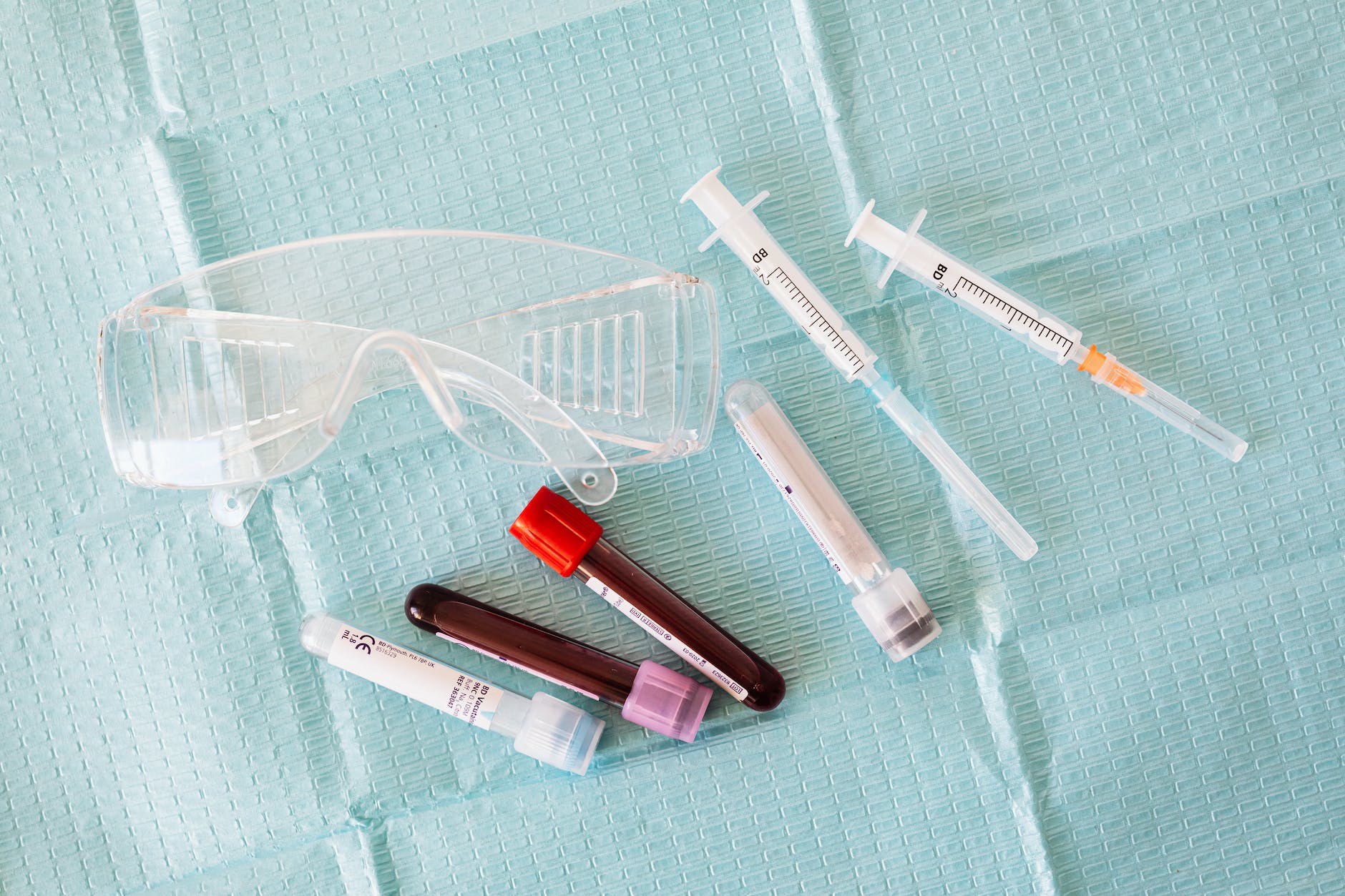Top Tips for Preventing and Managing Hypoglycemia (Low Blood Sugar)


- Top Tips for Preventing and Managing Hypoglycemia (Low Blood Sugar)
- Introduction
- 1. Maintain a Consistent Eating Schedule
- 2. Monitor Your Blood Sugar Levels Regularly
- 3. Plan Ahead for Physical Activity
- 4. Collaborate with Your Healthcare Team
- 5. Educate Yourself and Others
- 6. Carry Medical Identification
- 7. Build a Strong Support Network
- 8. Prioritize Stress Management
- 9. Stay Hydrated
- 10. Sleep Well
- Conclusion
Top Tips for Preventing and Managing Hypoglycemia (Low Blood Sugar)
Introduction
Welcome to our comprehensive guide on preventing and managing hypoglycemia, also known as low blood sugar. In this article, Top Tips for Preventing and Managing Hypoglycemia (Low Blood Sugar), we will provide you with valuable tips and strategies to help you navigate this condition effectively. Hypoglycemia can be challenging to handle, but with the right knowledge and proactive measures, you can lead a balanced and fulfilling life. Let's dive into our top tips for preventing and managing hypoglycemia.
1. Maintain a Consistent Eating Schedule
One of the key factors in preventing hypoglycemia is maintaining a consistent eating schedule. It is essential to have regular meals and snacks throughout the day to keep your blood sugar levels stable. Aim for three balanced meals and two to three healthy snacks in between. Be mindful of your carbohydrate intake and choose complex carbohydrates that provide a slow release of glucose into the bloodstream.
2. Monitor Your Blood Sugar Levels Regularly
Regularly monitoring your blood sugar levels is crucial in managing hypoglycemia. Use a reliable glucose meter to check your levels throughout the day. By keeping a close eye on your readings, you can identify any fluctuations and take necessary steps to prevent hypoglycemia. Make sure to follow your healthcare provider's recommendations for target blood sugar ranges and adjust your medication or insulin doses accordingly.
3. Plan Ahead for Physical Activity
Engaging in physical activity is important for overall health, but it can also affect blood sugar levels. If you have hypoglycemia, it's essential to plan ahead before exercising or participating in strenuous activities. Check your blood sugar levels before, during, and after physical activity. Additionally, carry a source of fast-acting carbohydrates, such as glucose tablets or fruit juice, to treat any potential episodes of hypoglycemia.
4. Collaborate with Your Healthcare Team
Building a strong relationship with your healthcare team is vital for effectively managing hypoglycemia. Regularly consult with your primary care physician, endocrinologist, and diabetes educator to discuss your treatment plan, medications, and any concerns or challenges you may be facing. They can provide personalized guidance and help you optimize your diabetes management strategies.
5. Educate Yourself and Others
Knowledge is power when it comes to managing hypoglycemia. Take the time to educate yourself about the condition and its symptoms, triggers, and treatment options. Stay up to date with the latest research and advancements in diabetes care. Furthermore, share your knowledge with your loved ones, friends, and colleagues. By raising awareness and promoting understanding, you can create a supportive environment that empowers everyone involved.
6. Carry Medical Identification
In case of an emergency, it's crucial to have proper medical identification. Wear a medical alert bracelet or carry a card in your wallet that indicates your condition as a person with hypoglycemia. This identification can provide important information to medical professionals in case you experience severe hypoglycemia and are unable to communicate your needs effectively.
7. Build a Strong Support Network
Living with hypoglycemia can be challenging at times, both physically and emotionally. Surrounding yourself with a strong support network can make a significant difference in your well-being. Seek out support groups, both in-person and online, where you can connect with others who share similar experiences. Sharing your challenges, triumphs, and tips can provide you with invaluable support and guidance.
8. Prioritize Stress Management
Stress can have a significant impact on blood sugar levels and potentially trigger hypoglycemia. Therefore, it's crucial to prioritize stress management techniques in your daily routine. Engage in activities that help you relax and unwind, such as meditation, deep breathing exercises, yoga, or hobbies that bring you joy. Finding healthy ways to manage stress can contribute to better blood sugar control and overall well-being.
9. Stay Hydrated
Proper hydration plays a vital role in maintaining stable blood sugar levels. Make sure to drink an adequate amount of water throughout the day. Avoid sugary beverages and opt for water, herbal teas, or unsweetened drinks. Dehydration can impact your blood sugar levels and potentially lead to hypoglycemia, so stay mindful of your fluid intake.
10. Sleep Well
A good night's sleep is crucial for optimal health and well-being, including blood sugar regulation. Aim for seven to eight hours of quality sleep each night. Establish a relaxing bedtime routine and create a sleep-friendly environment. Prioritize a consistent sleep schedule and address any sleep-related issues with your healthcare provider. Quality sleep can positively impact your blood sugar control and overall health.
Conclusion
In conclusion, managing hypoglycemia requires a proactive approach and a comprehensive understanding of the condition. By following these top tips, you can take control of your blood sugar levels and prevent hypoglycemic episodes effectively. Remember to maintain a consistent eating schedule, monitor your blood sugar levels regularly, plan ahead for physical activity, collaborate with your healthcare team, educate yourself and others, carry medical identification, build a strong support network, prioritize stress management, stay hydrated, and ensure quality sleep. Empower yourself with knowledge and make informed choices that contribute to your overall well-being. https://diabetescure4u.com/


